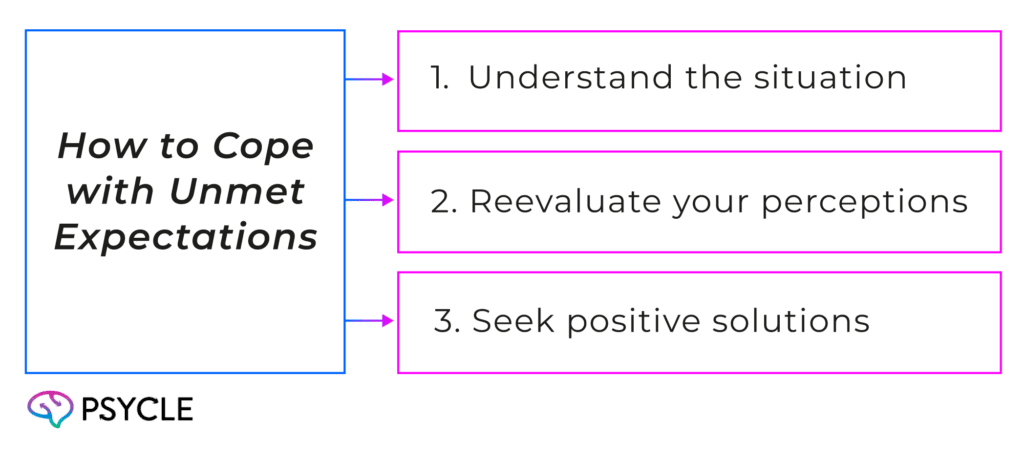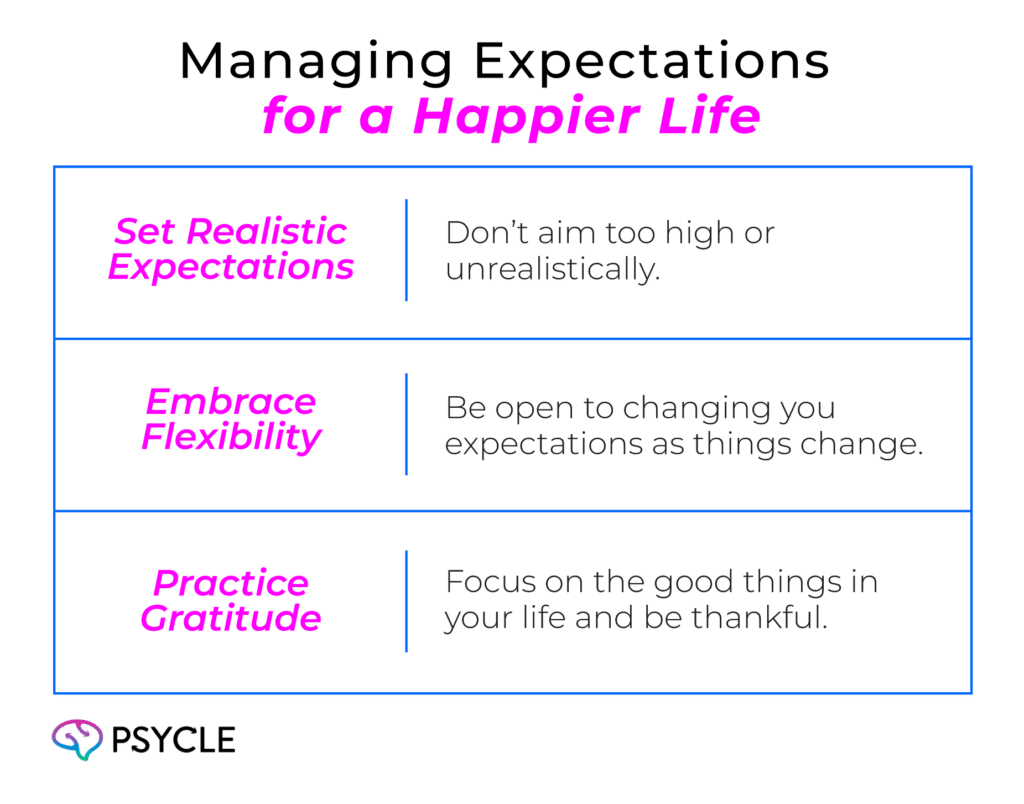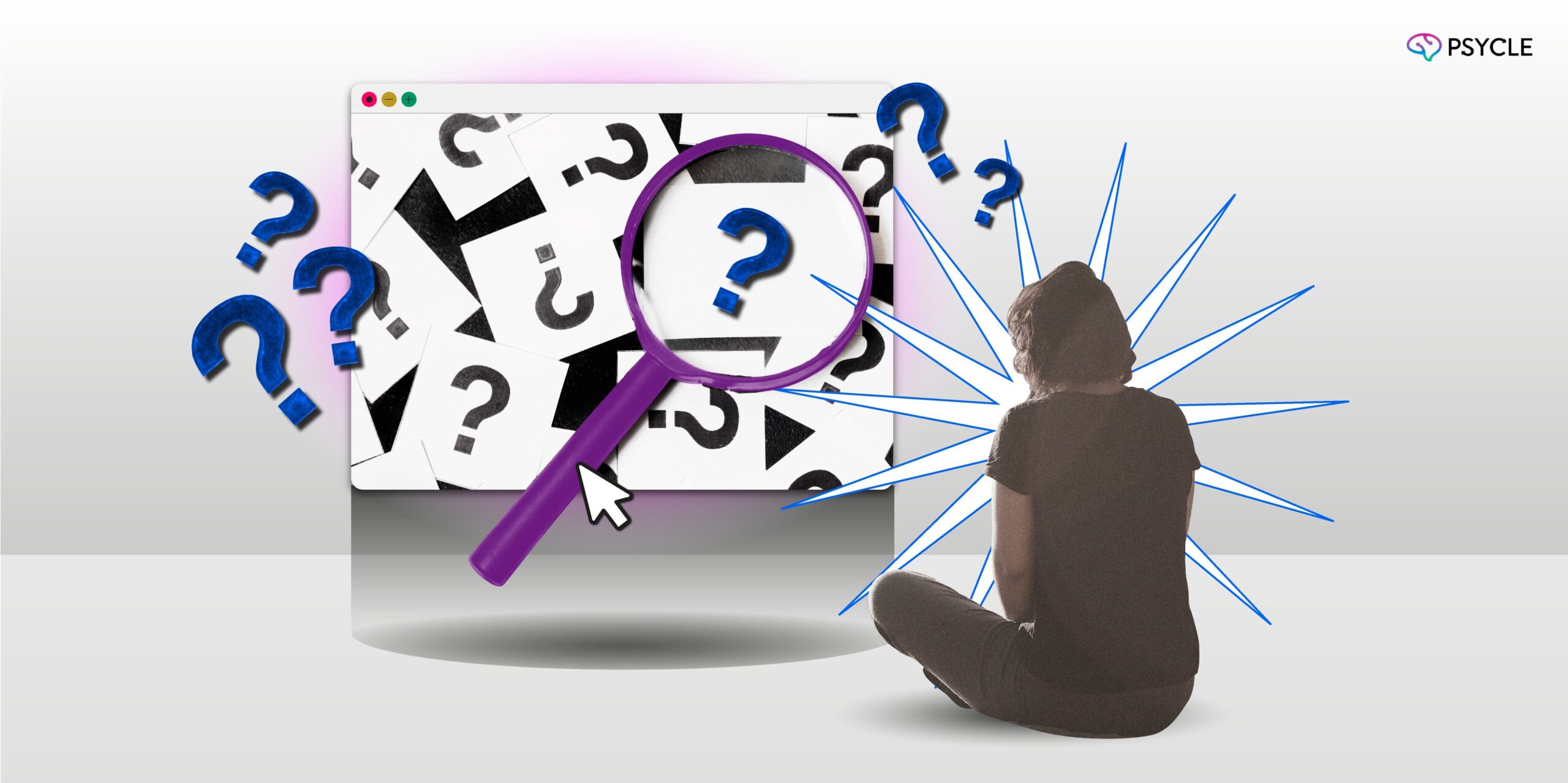Dealing with unmet expectations can feel tough, but you can turn disappointment into growth. This guide will give you tools to handle your expectations, build resilience, and find fulfillment even when things don’t go as planned.
Everyone faces unmet expectations at some point, but how we handle it matters. By understanding where our expectations come from, being flexible, and being kind to ourselves, we can cope better. This helps us come out on the other side stronger and more resilient.
Key Takeaways
- Recognize the inevitability of unmet expectations and develop a growth mindset to navigate them.
- Identify the sources of your expectations and adjust them to be more realistic and adaptable.
- Cultivate a positive outlook and focus on the opportunities for personal growth despite disappointments.
- Communicate openly, seek support, and find healthy ways to process and let go of unmet expectations.
- Transform disappointment into resilience by learning from your experiences and making informed decisions going forward.
The Power of Expectations
Our expectations deeply affect our feelings, experiences, and life paths. They shape how we see the world and guide our choices. Learning about the power of expectations helps us manage them better.
When our expectations are met, we feel great. We get a sense of achievement, happiness, and satisfaction. But, if our expectations are unmet, we might feel let down. This can lead to frustration, sadness, and anger. This shows the impact of expectations.
Our expectations and emotions are closely tied. Our feelings often mirror how well reality matches our expectations. This link lets us grasp how our expectations affect our happiness and well-being.
The power of expectations is in shaping our experiences and emotions. By being aware of our expectations and managing them, we can grow and be more resilient. This helps us handle life’s ups and downs better.
Types of Expectations
We all deal with expectations every day, both the ones we’re aware of and those hidden deep inside. These expectations fall into three main groups: practical, relationship, and deep-seated.
Practical Expectations
Practical expectations cover the everyday stuff like who does the chores, how we handle money, and what we do for fun. They come from what society expects, our own past, and what makes sense for us. For example, who cleans the house, how we spend money together, and what we do in our free time.
Relationship Expectations
Relationship expectations deal with how we feel and connect with others, especially in close relationships. They include things like being ourselves, feeling close, and being spontaneous. They’re shaped by our past, culture, and what we like.
Deep-Seated Expectations
Deep down, we have expectations about basic human needs like love, feeling like we belong, and being in control. These deep-seated expectations come from our childhood, what we value, and what we secretly want. They greatly affect how happy and fulfilled we are.
Knowing about the different kinds of expectations helps us handle them better. By understanding our expectations, we can improve our relationships and experience personal growth. This makes life easier and more fulfilling.
The Origins of Expectations
Our expectations come from many places, shaping our views and goals deeply. It’s key to know where these expectations come from. This helps us manage them better and keep our goals realistic.
Upbringing and Expectations
Our early life shapes our expectations a lot. The values and traditions we grow up with affect our standards and what we expect from ourselves and others. Things like family, culture, and parents guide our expectations.
Societal Influences on Expectations
The world around us also shapes our expectations. Media, friends, and stories tell us what success and relationships should be like. It’s important to know these societal influences and question them if needed.
Personal Experiences and Preferences
Our own stories, wins, and losses also shape our expectations. These can cause us to make us have unique expectations that might not match what others or our families expect. It’s key to know these individual factors to handle our expectations well.
Looking at the different sources of expectations, from our upbringing to societal influences and personal experiences, helps us understand our expectations better. This knowledge lets us deal with unmet expectations more easily and flexibly.
The Positive Side of Expectations
Expectations can lead to disappointment, but they also have a positive side. They push us to aim for the best, not just settle. Expectations can motivate us to grow and achieve more than we might have otherwise.
Having high expectations for ourselves can make us learn new skills and work harder. This leads to doing more than we thought possible. In relationships, positive expectations help partners communicate better, compromise, and plan for the future. These expectations bring purpose, direction, and commitment, making the relationship stronger.
Expectations also help us grow and develop personally. When we don’t meet our expectations, it’s a chance to reflect, learn, and improve. By facing our shortcomings and adjusting our expectations, we can become better people.
So, although unmet expectations can be tough, their positive impact and benefits shouldn’t be ignored. Using expectations in a healthy way helps us reach our full potential, strengthen our relationships, and grow personally.
The Inevitability of Unmet Expectations in Relationships
Relationships, whether personal or professional, with others or at work, bring many expectations. We look forward to certain behaviors and outcomes. But it’s important to know that not meeting these expectations is a normal part of life. Learning to deal with unmet expectations in relationships in a good way is key.
Our expectations come from many places like our family, society, past experiences, and what we like. As we deal with others, it’s common to face unavoidable disappointments. The important thing is how we handle these disappointments. It affects our growth and happiness.
Embracing the Unpredictable
We often want things to be certain and under our control. But, life is full of surprises. Accepting this can free us up, making us more open and kind in our relationships. By knowing that unmet expectations in relationships happen, we can work on coping better and being strong.
Accepting the ups and downs of relationships can help us grow and understand ourselves and others better. By responding to unmet expectations with kindness, talking openly, and being flexible, we can get through tough times. This makes us stronger and more content.
Healthy Expectations in Relationships
Having healthy expectations is key to a happy and lasting relationship. These expectations should be realistic, flexible, and shared among partners. They should fit the relationship’s stage, be open to change, and rely on talking and agreeing together.
Realistic expectations mean knowing what your partner can do, what they need, and what they can’t do. This helps set goals that are within reach and prevents feeling let down. Flexible expectations let you adjust to new situations and meet each other’s changing needs and likes.
Shared expectations are the foundation of a strong relationship. When partners talk and agree on what they expect, it builds trust and understanding. This way, both people’s needs are looked after, making the relationship a source of joy, not stress.
Keeping a balanced view of expectations helps couples deal with life’s ups and downs better. This strengthens the connection between partners and leads to a more rewarding future together.
How to Cope with Unmet Expectations
Dealing with unmet expectations can be tough, but it’s key to growing and improving in life and relationships. When things don’t go as planned, it’s important to think positively. By figuring out what went wrong, looking at our own views and actions, and finding positive ways to move forward, we can turn disappointments into chances for growth.

Handling unmet expectations needs self-awareness, being open to change, and a readiness to learn and adapt. By going through this process, you can become more resilient and have more rewarding relationships.
The Role of Optimism
Keeping an optimistic mindset helps us deal with disappointments better. By focusing on the good parts of a situation and letting go of negative experiences, we grow stronger. This approach helps us learn and improve, even when things don’t go as planned.
Optimism isn’t about ignoring problems. It’s about keeping a positive perspective to learn and grow. When we face unmet expectations, being optimistic helps us see the good and move forward in a positive way.
Building a positive mindset takes practice. By looking for the good in tough times, we train our minds to focus on resilience and personal growth. This approach helps us grow stronger through challenges.
Being optimistic doesn’t mean we won’t face disappointments. But it means we’re ready to handle them and come out stronger. With a positive mindset, we can turn unmet expectations into chances for growth.
Managing Disappointments Effectively
Dealing with disappointment is a normal part of life. How we handle it can change everything. When things don’t go as planned, it’s key to feel our emotions, think about why, and change our ways. This helps us learn and make smarter choices later on.
- Acknowledge Your Feelings: The first thing to do when facing disappointment is to acknowledge your feelings. It’s okay to feel upset, mad, or sad. Holding them back can make you feel worse over time. Let these feelings in, but don’t dwell on them too much.
- Reflect on the Causes: After feeling your emotions, think about what caused the disappointment. Ask yourself: “What made this happen?” “Was I expecting too much?” “What could I have done differently?” Understanding the reasons can help you change your expectations and plans for the future.
- Adjust Your Expectations: The last step is to adjust your expectations based on what you’ve learned. You might need to lower your hopes in some areas or change how you do things. Remember, it’s okay to adjust your expectations as you grow and learn.
By working through these steps, you can turn disappointments into chances for growth and better choices. The important thing is to see challenges as learning opportunities, not failures.
The Impact of Expectations on Happiness
Not meeting our expectations can hurt our mental health. Setting goals that are too high can lead to regret and depression. This can make us unhappy and stop us from finding joy in life.
But, having realistic and flexible expectations can make us happier. By setting goals we can reach and being open to change, we avoid disappointment. This helps us stay positive and happy.
Managing Expectations for a Happier Life
To be happier, we need to manage our expectations well. This means being realistic, knowing what we can control, and being thankful for what we have.

Understanding how our expectations affect our happiness helps us deal with disappointments. By managing them, we can live a more fulfilling and joyful life.
Conclusion
Learning to deal with unmet expectations is key to living well. This guide has given you tools to handle unmet expectations and come out stronger.
Key lessons from this guide are to accept your feelings, look at things differently, and find positive ways to solve problems. Keeping a positive view and handling your letdowns well builds resilience and growth. Remember, happiness comes from learning and adapting, not from being perfect.
Use these tips and insights to improve your relationships and life. This way, you’ll be ready to turn disappointments into chances for self-discovery and a better future.
FAQs
What are the Characteristics of Healthy Expectations?
Healthy expectations are realistic, flexible, and shared with others. They fit the relationship stage and are open to change. Keeping expectations realistic and flexible is key to a happy relationship.
How Can I Transform Disappointment into Opportunities for Growth?
When expectations aren’t met, it’s important to understand what happened. Think about how you can improve and look for positive changes. This helps us grow from disappointment.
How Can An Optimistic Mindset Help Me Navigate Unmet Expectations?
Being optimistic helps us handle disappointments better. Focusing on the good and letting go of the bad builds resilience. This approach turns setbacks into chances for self-improvement.
How Can I Effectively Manage My Responses to Disappointment?
When disappointed, it’s key to feel your emotions and think about what caused it. Adjusting your expectations can give you insights and help you make better choices. Managing how you react to disappointment helps you learn and succeed.

